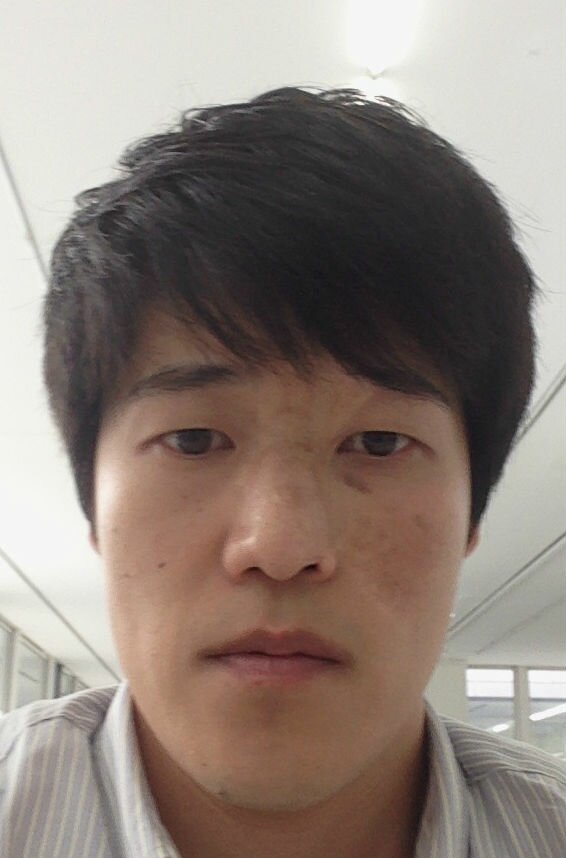
Professor & Head
School of Biotechnology
Devi Ahilya University
India
 |
Anil Kumar Professor & Head School of Biotechnology Devi Ahilya University India |
 |
Abdelmalik Ibrahim Khalafalla Professor Camel Research Centre King Faisal University Kingdom of Saudi Arabia |
 |
Ahmed Ramadan Genomics and Biotechnology section Department of Biology Faculty of Science King Abdulaziz University Egypt |
 |
Akhilesh Kumar Singh Assistant Professor Amity Institute of Biotechnology AMITY University, Uttar Pradesh India |
 |
Antonio Eduardo de Aquino Junior Center for Optics and Photonics (CEPOF) University of São Paulo Brazil |
 |
Azam Bolhassani Associate Professor Department of Hepatitis and AIDS Pasteur Institute of Iran Iran |
 |
Chen Dong Laboratory of Environmental Biology and Life Support Technology School of Biological Science and Medical Engineering Beihang University PR China |
 |
Cheorl-Ho Kim Professor Molecular and Cellular Glycobiology Unit Department of Biological Science Sungkyunkwan University Korea |
 |
Chien-Feng Li Associate Professor Department of Biotechnology Southern Taiwan University of Science and Technology Taiwan |
 |
Christian A. Hernández Faculty of Biology Institute of Biotechnology and Applied Ecology Veracruzana University Mexico |
 |
Dong-Woo Cho Nam-Go Chair Professor Depart of Mechanical Engineering Pohang University of Science and Technology Korea |
 |
Dong-Youn Hwang Associate Professor College of Medicine CHA University Korea |
 |
Peter Ertl Senior Scientist BioSensor Technologies Austrian Institute of Technology GmbH Austria |
 |
Fatima Morales Sbarro Institute for Cancer Research and Molecular Medicine Center of Biotechnology College of Science and Technology Temple University BioLife Science USA |
 |
Fazli Wahid Assistant Professor Department of Environmental Sciences COMSATS Institute of Information Technology Abbottabad, Pakistan |
 |
Jesús Fernández Lucas Profesor Department of Farmacia y Biotecnología Facultad Ciencias Biomédicas Universidad Europea de Madrid Spain |
 |
Jian-hui Xiao Professor Center for Translational Medicine & Biotechnology Affiliated Hospital of Zunyi Medical University China |
 |
Kim Juewon Amorepacific, INC. Beauty Food Research Institute Korea |
 |
Keti Zeka The Gurdon Institute UK |
 |
Kwang Ho Lee Professor Department of Biotechnology Research Institute of Inflammatory Diseases College of Biomedical and Health Science Konkuk University South Korea |
 |
Madhusudan Choudhary Associate Professor Department of Biological Sciences Sam Houston State University USA |
 |
Maoteng Li Professor College of Life Science and Technology Huazhong Unversity of Science and Technolgy China |
 |
Owais Mohammad Professor Interdisciplinary Biotechnology Unit Aligarh Muslim University India |
 |
Petros Ghazaryan Professor & Head Scientific Department of Biochemistry Yerevan State University Rumenia |
 |
Ping Wang Biotechnology Institute Chinese Academy of Agricultural Sciences PR China |
 |
Prachi Srivastava Assistant Professor AMITY Institute of Biotechnology AMITY University, Uttar Pradesh India |
 |
Sahba Mobini Biomedical Engineer School of Materials The University of Manchester UK |
 |
Sanvidhan G Suke Assistant Professor Department of Biotechnology Priyadarshini Institute of Engineering and Technology India |
 |
Sudesh Kumar Yadav Senior Scientist CSIR-Institute of Himalayan Bioresource Technology Palampur India |
 |
Sunil Kumar Mukherjee Scientist International Centre for Genetic Engineering and Biotechnology India |
 |
Venugopal PN Anthropological Survey of India North West Regional Center Dehradun, India |
 |
Wang Ke Assistant Professor Department of Municipal Engineering School of Municipal and Environmental Engineering Harbin Institute of Technology China |
 |
Xianyao Li Associate professor Animal Genetics China Agricultural University China |
 |
Xiao-Jun Ji Associate Professor National Engineering Research Center for Biotechnology SINOPEC Nanjing Joint Research Center for Industrial Biotechnology College of Biotechnology and Pharmaceutical Engineering, Nanjing Tech University (NanjingTech) PR China |
 |
Xinfeng Zhao Professor College of Life Sciences Northwest University China |
 |
Yukinori Sato Professor Laboratory of Food Science and Technology Department of Biotechnology and Environmental Chemistry Kitami Institute of Technology Japan |
 |
Zhengguo LI Professor and Vice-Dean School of Life Sciences Chongqing University China |
 |
Zhu-Ping Xiao Professor College of Chemistry and Chemical Engineering Jishou University China |
 |
Yi-Ting Chen Assistant Professor Department of Biomedical Sciences Chang Gung University Taiwan |
 |
Wiem Manoubi Molecular Genetics and Reproductive Biology Laboratory of Human Cytogenetics Farhat HACHED University Hospital Tunisia |
 |
Hyung Jong Jin Professor Department of Bioscience and Biotechnology College of Natural Science The University of Suwon Korea |
 |
Marwa I Abd El-Hamid Lecturer of Microbiology Microbiology Department Faculty of Veterinary Medicine Zagazig University Egypt |
 |
Dr.Norhan K Abd El-Aziz Lecturer of Microbiology Faculty of Veterinary Medicine Zagazig University Egypt |
 |
Yasmine H Tartor Lecturer of Microbiology Faculty of Veterinary Medicine Zagazig University Egypt |